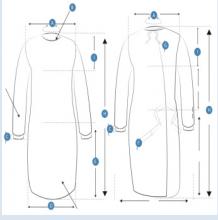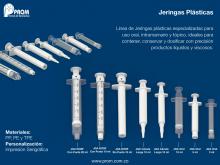Venta de Yeso en Colombia
2020 has been a challenging year for the construction industry, but they are reinventing, and the plaster sales in Colombia became the ally of the construction companies.
Traditional, recycled, or new materials are part of the range of options offered by the building sector globally, but which is already present in Colombia.
According to Alejandro Botero, technical and innovation director of the Colombian Chamber of Construction (Camacol), Antioquia regional, “the new commercial, social and regulatory requirements have forced the industry to evolve with new concepts, which include better performance and, with this, a lower environmental impact.”
In this, how the inputs are produced, the savings in water consumption, the less waste they generate, and –obviously– the possibility of offering energy efficiency is decisive. According to Botero, among the traditional materials that evolve, with lower energy consumption for their production, the high-resistance concretes stand out.
“One of the novelties is that they require lower consumption from exploitation and transformation; besides, due to their greater mechanical resistance, they allow the saving of structural space in construction and new architectural possibilities.”
There are lighter materials with better physical capacities that lighten the structure and allow less heavy buildings, such as panels related to dry construction, working with traditional plasterboards, wooden boards, and recycled materials. Architectural aluminum is also included in this group.
Botero also highlights recycled supplies that are based on sustainability criteria and the proper treatment of solid waste, which are critical to the use of the same construction or demolition from other industries such as, for example, rubber from tires of the vehicles.
“One of the novelties is that they require lower consumption from exploitation and transformation; also, due to their greater mechanical resistance, they allow the saving of structural space in construction and new architectural possibilities.”
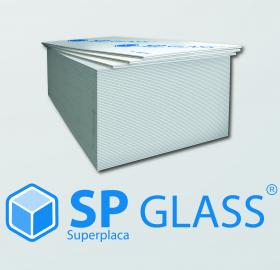
Sp Glass - Exterior Gypsum Board - 1/2\" x 1,22 x 2,44 m
GYPTEC SA
Construction Materials, Other mineral products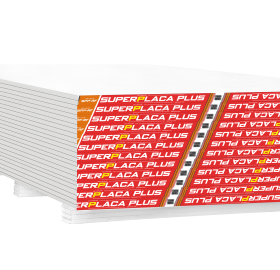
Superplaca Plus - Gypsum Fire Resistant 5/8\" x 1,22 x 2,44m
GYPTEC SA
Construction Materials, Other mineral products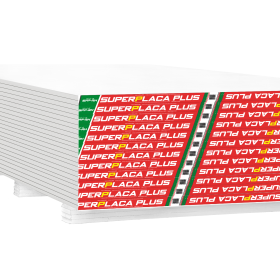
Superplaca Plus - Gypsum board moisture resistant 1/2\" x 1,22 x 2,44m
GYPTEC SA
Construction Materials, Other mineral products








